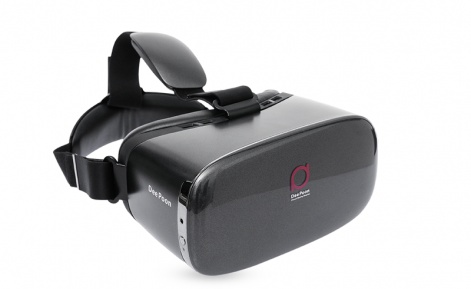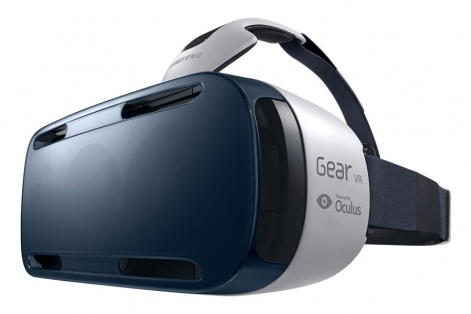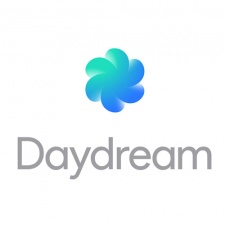Virtual reality hardware sales could reach 80 million in China in 2018.
That's according to Chinese VR company DeePoon. The company's chief strategy officer Leon Zhang said that VR device shipments could go beyond ten million in China in 2016.
This would make the country by far one of the most popular places in the world for the emerging technology.
The dream
Zhang claimed the market will continue to grow to 30 million shipments in 2017 and then 80 million in 2018. He said part of this growth in the Chinese VR market will be driven by momentum built from Google Daydream.
Announced in May, Google’s plan is to support high performance VR using standardised headsets and future mobile devices. Google is already working with the likes of Samsung, HTC, LG and Xiaomi.
It’s important to note that most of the Chinese mobile market is based on Android devices.
According to the figures provided below, eight of the top 12 mobile OEMs in the world are also from China. Though of course, Apple and Samsung still reign supreme globally.

The Chinese market is uniquely positioned, then, to offer VR products to more than one billion of its citizens. The country has a plethora of its own VR headsets available, including DeePoon, 3Glasses and Ling VR, to name a few. Many of them also at cheap and affordable prices.
VR is hot in China, though it is still new for lots of people who haven't tried it before.Leon Zhang
As mentioned above, it also has a number of OEMs operating within the country that could adopt Google Daydream. The current ecosystem and the hype around VR could be coming together to create an exciting new market in the East.
“VR is hot in China, though it is still new for lots of people who haven't tried it before,” said Zhang.
East versus West
The forecasts are in contrast to Western sales figures and what other analysts have suggested for global hardware sales figures in the VR space.
Actual sales numbers in the West have been hard to come by. The top selling VR headset, the Samsung Gear VR, has sold more than 300,000 units in Europe.
But no official total sales figures have been released for other headsets like the Oculus Rift or HTC Vive.

Analysts are divided on VR’s short-term potential. IDC anticipates worldwide hardware sales will reach 9.6 million by the end of the year. SuperData meanwhile recently revised down its VR revenue forecast to $2.9 billion due to hardware availability trailing consumer demand. That’s down 22 percent from its previous predictions.
Despite this, the general consensus is that in the long-term virtual reality hardware could reach over 100 million sales globally over the next few years. And China could be a key driver for the technology.
To help developers tap into China’s burgeoning VR market, Steel Media has partnered with DeePoon for the Global VR Challenge.
The deadline for entry to the Global VR Challenge is midnight Monday, 20th June.
The contest will culminate at the ChinaJoy event in Shanghai on July 30th where the winner will be announced on the show floor.
You can find out how to enter your VR game or concept here.

















